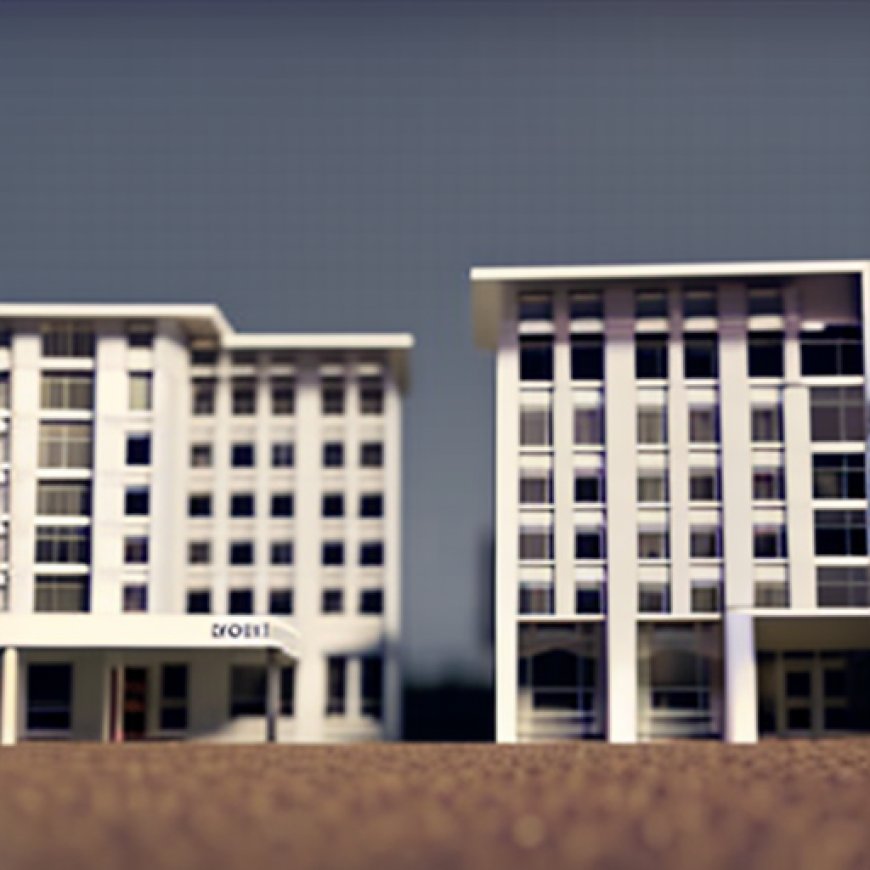Chairs Rodgers and Duncan Condemn DOE’s New Building Codes That Will Worsen the Housing Affordability Crisis
Chairs Rodgers and Duncan Condemn DOE's New Building Codes That Will Worsen the Housing Affordability Crisis Energy and Commerce Committee


House Energy and Commerce Committee Expresses Concerns Over DOE’s New Energy Codes

Washington D.C. — House Energy and Commerce Committee Chair Cathy McMorris Rodgers (R-WA) and Energy, Climate, and Grid Security Subcommittee Chair Jeff Duncan (R-SC) sent a letter to Department of Energy (DOE) Secretary Jennifer Granholm regarding the Department’s recent announcements to push for the adoption of expensive new energy codes. Rather than improve people’s lives and the environment, this latest rush-to-green policy is being implemented by the Biden administration to appease its radical environmental allies and will only increase housing prices and utility bills for millions of Americans.
BACKGROUND:
- On September 19, 2023, DOE announced a $400 million program to implement new building energy codes.
- On December 18, 2023, DOE announced another new $530 million program to implement new building energy codes.
- The Biden administration has repeatedly advanced efforts to impose burdensome energy efficiency standards that would raise costs for Americans.
- “Zero energy” building codes, which the grants may support, would force buildings to eliminate the use of fossil fuels in favor of more expensive, but less reliable electric options.
KEY EXCERPTS:
“In the U.S., building codes are predominately and appropriately regulated by State and local jurisdictions – not the Federal government. In recent years, activist environmental groups have begun pressuring international organizations, Federal agencies, States, and local jurisdictions to develop and enforce ‘model’ building energy codes that mandate expensive, one-sized-fits-all construction requirements and restrict fuel choices, even when it is not technologically feasible or cost-effective for the homeowner or tenant.
“State and local governments should not be forced to adopt international energy codes that set efficiency requirements, ban the use of natural gas, or require expensive electrification retrofits for appliances and electric vehicle charging. We are concerned that the DOE’s building codes grant programs will exacerbate the current housing affordability crisis and limit energy choices for the American people by encouraging the adoption of such one-sized-fits-all building codes that are not appropriate or cost-effective for all income levels and regions of the country.”
CLICK HERE to read the full letter.
SDGs, Targets, and Indicators
1. Which SDGs are addressed or connected to the issues highlighted in the article?
- SDG 7: Affordable and Clean Energy
- SDG 11: Sustainable Cities and Communities
- SDG 13: Climate Action
The issues highlighted in the article are related to energy efficiency standards, building codes, and the impact on housing prices and utility bills. These issues are connected to the SDGs mentioned above, which focus on affordable and clean energy, sustainable cities and communities, and climate action.
2. What specific targets under those SDGs can be identified based on the article’s content?
- Target 7.3: By 2030, double the global rate of improvement in energy efficiency
- Target 11.1: By 2030, ensure access for all to adequate, safe, and affordable housing and basic services and upgrade slums
- Target 13.2: Integrate climate change measures into national policies, strategies, and planning
Based on the article’s content, the specific targets mentioned above can be identified. The focus is on improving energy efficiency, ensuring access to affordable housing and basic services, and integrating climate change measures into policies and planning.
3. Are there any indicators mentioned or implied in the article that can be used to measure progress towards the identified targets?
- Indicator 7.3.1: Energy intensity measured in terms of primary energy and GDP
- Indicator 11.1.1: Proportion of urban population living in slums, informal settlements, or inadequate housing
- Indicator 13.2.1: Number of countries that have integrated mitigation, adaptation, impact reduction, and early warning into their national policies, strategies, and planning
The article does not explicitly mention indicators, but based on the identified targets, the indicators mentioned above can be used to measure progress. These indicators focus on energy intensity, urban population living conditions, and the integration of climate change measures into national policies.
SDGs, Targets, and Indicators
| SDGs | Targets | Indicators |
|---|---|---|
| SDG 7: Affordable and Clean Energy | Target 7.3: By 2030, double the global rate of improvement in energy efficiency | Indicator 7.3.1: Energy intensity measured in terms of primary energy and GDP |
| SDG 11: Sustainable Cities and Communities | Target 11.1: By 2030, ensure access for all to adequate, safe, and affordable housing and basic services and upgrade slums | Indicator 11.1.1: Proportion of urban population living in slums, informal settlements, or inadequate housing |
| Target 13.2: Integrate climate change measures into national policies, strategies, and planning | Indicator 13.2.1: Number of countries that have integrated mitigation, adaptation, impact reduction, and early warning into their national policies, strategies, and planning | |
| SDG 13: Climate Action | Target 13.2: Integrate climate change measures into national policies, strategies, and planning | Indicator 13.2.1: Number of countries that have integrated mitigation, adaptation, impact reduction, and early warning into their national policies, strategies, and planning |
Behold! This splendid article springs forth from the wellspring of knowledge, shaped by a wondrous proprietary AI technology that delved into a vast ocean of data, illuminating the path towards the Sustainable Development Goals. Remember that all rights are reserved by SDG Investors LLC, empowering us to champion progress together.
Source: energycommerce.house.gov

Join us, as fellow seekers of change, on a transformative journey at https://sdgtalks.ai/welcome, where you can become a member and actively contribute to shaping a brighter future.







